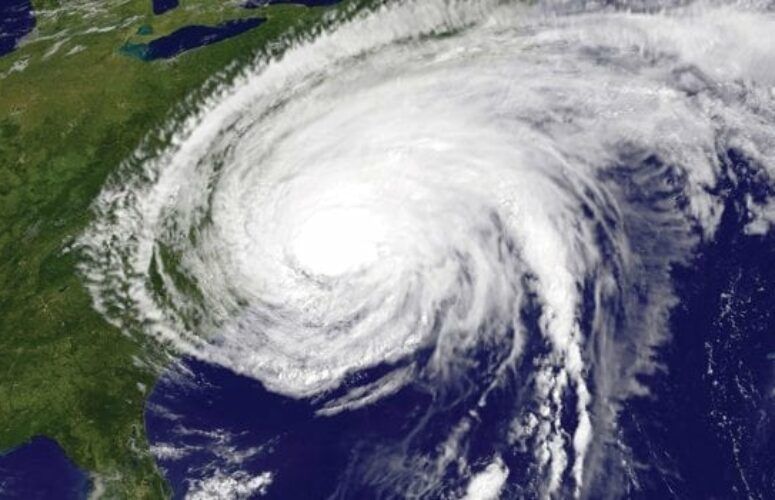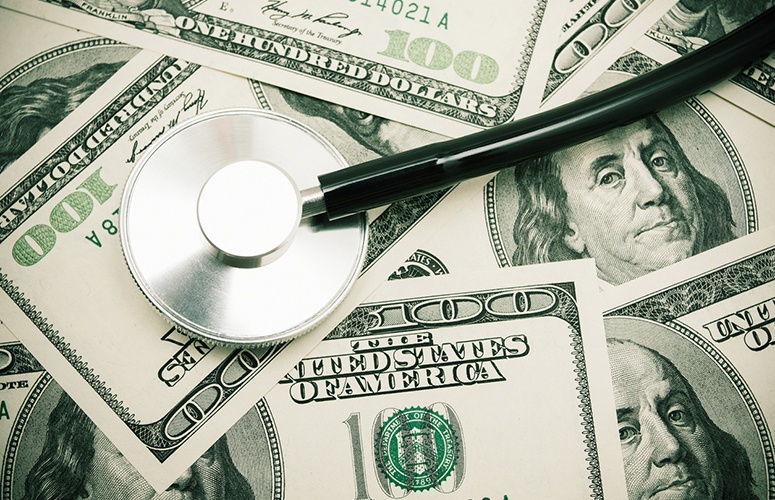
Preparing for Hurricane Season … Financially
Discover the steps needed to weather the major storms.
By Lori R. Sackler On May 1, 2014THIS WAY FORWARD: YOUR WEALTH
As sure as rain, New Jersey should be prepared for the next natural disaster. With luck, it won’t happen any time soon, and we pray that when it strikes, the damage will be minimal.
Atlantic hurricane season runs from June 1 through November 30. Five storms are pre-identified and titled: Arthur, Bertha, Cristobal, Dolly and Edouard. Predictions say two may reach major hurricane status.
There is no way to know if any will batter our shores.
Regardless of how the state will prepare financially for another unforeseen tragedy, individuals must make their own financial preparations too.
Stocking up on necessities like water and batteries is not enough. Too often, the process of financial preparedness is overlooked, yet five basic steps are critical to recovery after a disaster:
Gather documents. Financial records that you need if unable to return home for several weeks include health, life and property insurance policies, credit card and bank account information, auto registration and title papers, as well as real estate deeds – documents that might be necessary to start filing insurance claims. Keep account numbers and claims contact information along with copies of birth certificates/adoption papers, passports, marriage and drivers’ licenses, social security cards, and last year’s tax returns to certify the family’s identities or household income.
Keep digital copies of important documents stored on a cloud and a flash drive in case paper copies are destroyed.
Withdraw “emergency cash.” Banks and ATMs may not be operating during immediate recovery. A few days’ worth of spending money is probably sufficient, stored in a safe but quickly accessible place.
Create secure storage. All the documents, flash drive and emergency cash should be stored in a locked, waterproof and fireproof container, ready to grab in the event of an evacuation.
Enroll in online banking and direct deposit. While many people have moved into online banking, there are still those who track their finances the traditional way. However, electronic account access – the ability to pay bills and transfer funds – can make life much easier if roads are closed, for example. Make sure you know login and password information for all accounts. Look into direct deposit options for paychecks and social security, in case regular mail delivery is interrupted.
Evaluate your insurance coverage and needs. This is something that should be done annually, regardless of the potential for unforeseen tragedy. Be sure all policies (home, auto, life) are up to date and in force, and consider flood insurance as well.
In addition to the above, individuals might want to keep DVD or flash drive copies of cherished family photographs and videos in that same secure storage.
About the Author: Lori R. Sackler is a senior vice president, senior investment management consultant with Morgan Stanley Wealth Management in Paramus.
Related Articles:





